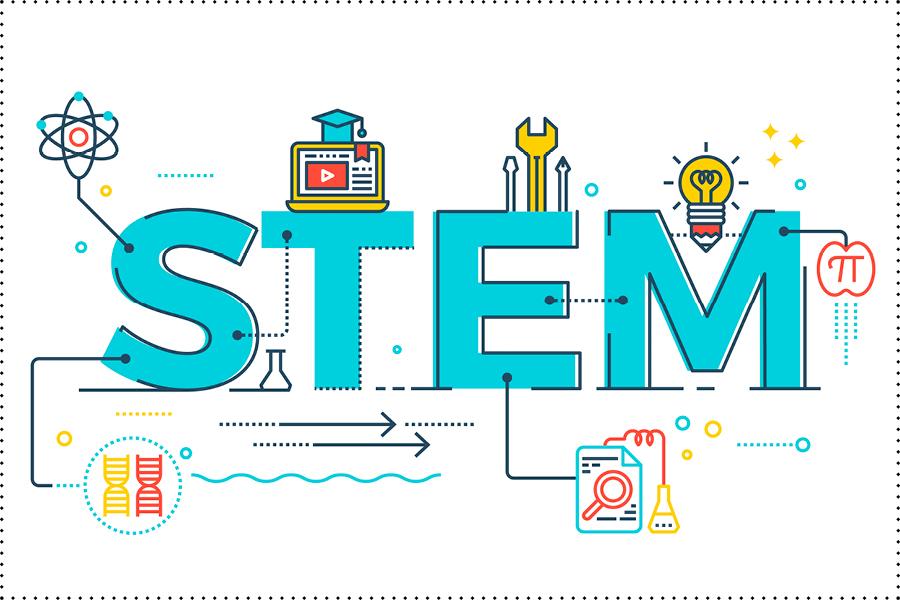
Preparing and supporting our nation’s science, engineering, and healthcare workforce is the foundation for our global leadership in research and innovation. Our ability to recognize and develop talent allows the United States to remain at the forefront in the creation and application of new knowledge and contributes to our nation’s goals for energy, the environment, health care, national security, and the economy. Our publications explore barriers to the education and employment of women scientists, engineers, and health care professionals, and ways to increase the participation and advancement of women in all fields of science, engineering, and medicine.

Individuals from minoritized racial and ethnic groups continue to face systemic barriers that impede their ability to access, persist, and thrive in science, technology, engineering, mathematics, and medicine (STEMM) higher education and workforce. Without actively dismantling policies and …[more]

Transforming Trajectories for Women of Color in Tech
Demand for tech professionals is expected to increase substantially over the next decade, and increasing the number of women of color in tech will be critical to building and maintaining a competitive workforce. Despite years of efforts to increase the diversity of the tech workforce, women of …[more]

Rising awareness of and increased attention to sexual harassment has resulted in momentum to implement sexual harassment prevention efforts in higher education institutions. Work on preventing sexual harassment is an area that has recently garnered a lot of attention, especially around education …[more]

The Impact of COVID-19 on the Careers of Women in Academic Sciences, Engineering, and Medicine
The spring of 2020 marked a change in how almost everyone conducted their personal and professional lives, both within science, technology, engineering, mathematics, and medicine (STEMM) and beyond. The COVID-19 pandemic disrupted global scientific conferences and individual laboratories and …[more]

The Science of Effective Mentorship in STEMM
Mentorship is a catalyst capable of unleashing one’s potential for discovery, curiosity, and participation in STEMM and subsequently improving the training environment in which that STEMM potential is fostered. Mentoring relationships provide developmental spaces in which students’ STEMM skills …[more]

Careers in science, engineering, and medicine offer opportunities to advance knowledge, contribute to the well-being of communities, and support the security, prosperity, and health of the United States. But many women do not pursue or persist in these careers, or advance to leadership positions …[more]

Over the last few decades, research, activity, and funding has been devoted to improving the recruitment, retention, and advancement of women in the fields of science, engineering, and medicine. In recent years the diversity of those participating in these fields, particularly the participation …[more]



































